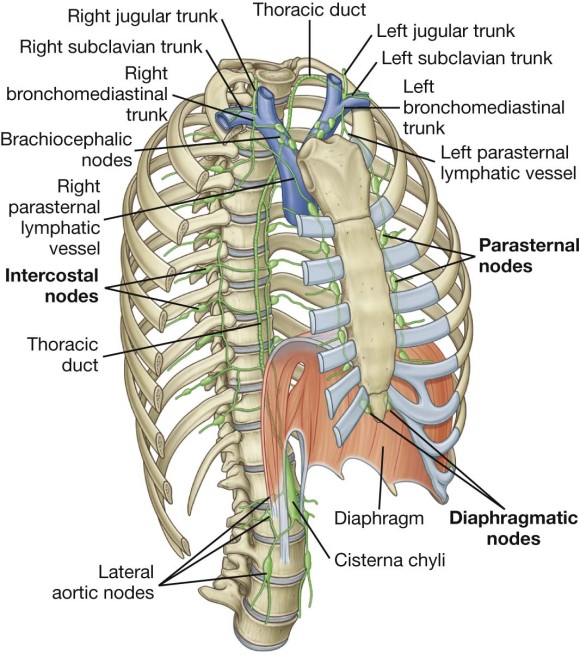Gall stones are small stones that form in the gall bladder. They are usually made of cholesterol and do not normally cause a problem unless they get stuck in a duct, or opening, within the gall bladder. Some gall stones are made of calcium deposits, and sometimes there are a few smaller stones and sometimes it is one larger stone. If a gall stone becomes stuck it causes a very intense pain which can last up to 5 hours. Some have described this pain as similar in intensity to labour pains.
The following article will explain what are gall stones, what causes them, and give you some common solutions on how to get rid of this painful condition.
Gall stones are said to be caused by a chemical imbalance in the gall bladder. Most often it is an increase of cholesterol in the bile in the gall bladder that causes the stones to form. Around 1 in 10 people in the UK are said to potentially have gall stones but they don’t all suffer with them. In fact most people with them do not ever know they are there.
Although being overweight is a contributing factor to gallstones it is certainly not the only cause. Females are nearly 3 times more likely to develop them than men, and especially those females who are mothers. Age is also a contributing factor with the over 40’s being the most common age group to first report having trouble from gall stones. Certain medications can contribute to gall stones including the contraceptive pill. Diabetes is also a contributing factor.
If you feel that you are suffering from the symptoms of gall stones obviously the most definitive way to get relief is to have them surgically removed, followed by the removal of your gall bladder. This operation is usually done via keyhole surgery rather than traditional method and is relatively quick and low risk. However if there are complications during surgery or if it appears that a stone is already trapped further down in a duct then open surgery may be necessary.
It is possible to remove just the gall stones rather than the gall bladder itself via a method called Endoscopic retrograde cholangio-pancreatography (ERCP). This works by widening the opening of the bile duct to allow the stones to pass. It is not always necessary and as discussed most gall stones do not irritate. If you are not having any trouble from the gall stones then it is advised to leave them but consider adopting the “Eat Well” diet. It is not advisable to follow a very low fat or low calorie diet as rapid weight loss can aggravate gall stones.
However if you experiencing symptoms but do not want surgery then there are other options. Medication is sometimes given, but not commonly, as it can take some time to work. The ursodeoxycholic acid which is given in these cases works by breaking down the stones to allow them to dissolve. It is not highly successful and it is more often used in patients who are at a high risk of developing gall stones as it has more chance of working on smaller gall stones.
